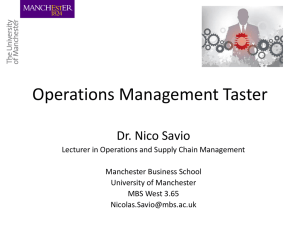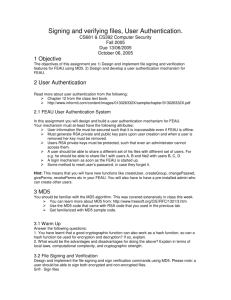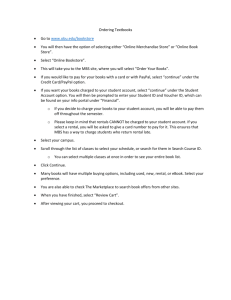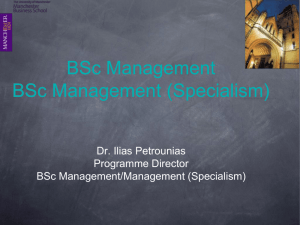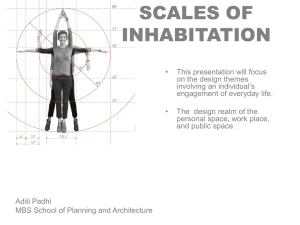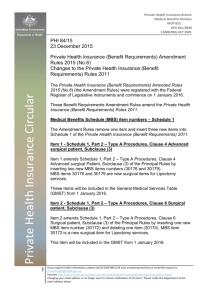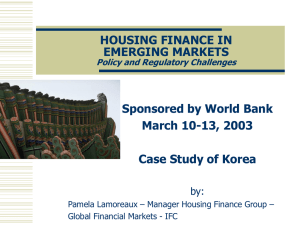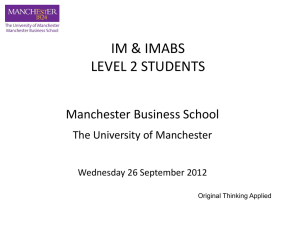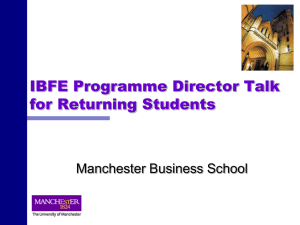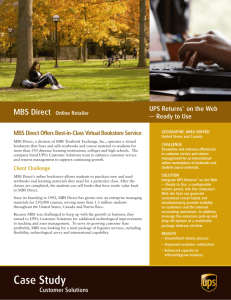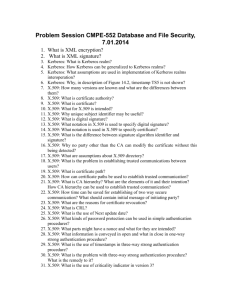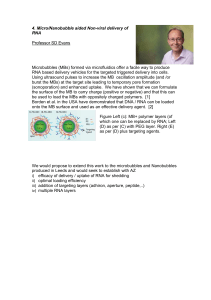Frequently Asked Questions
advertisement
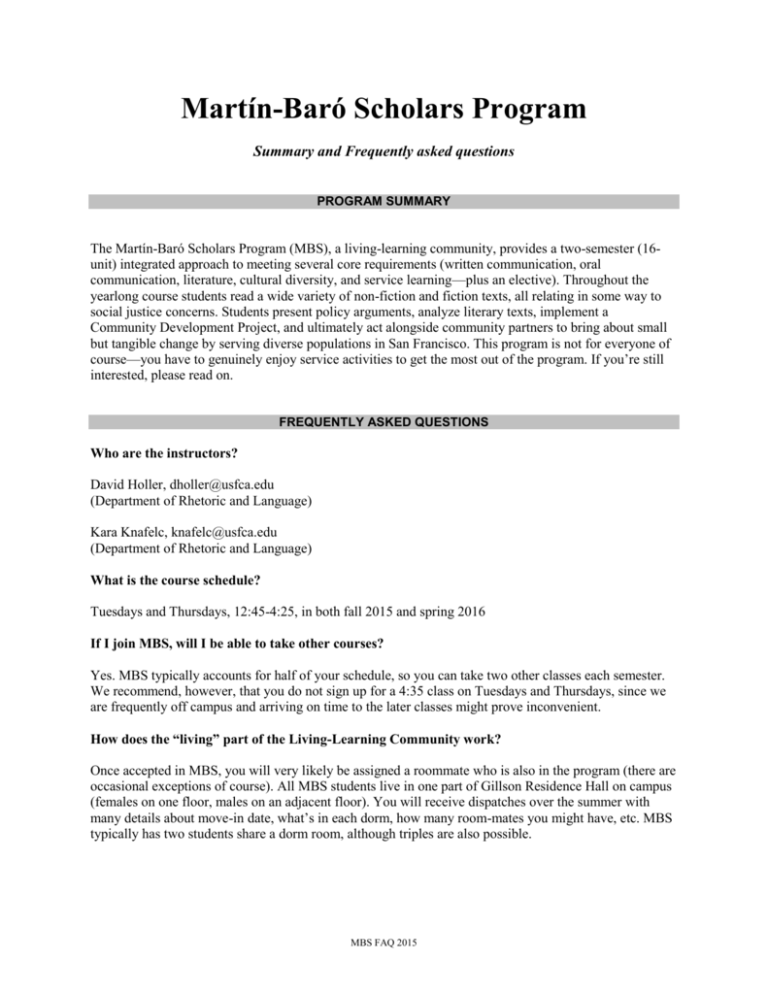
Martín-Baró Scholars Program Summary and Frequently asked questions PROGRAM SUMMARY The Martín-Baró Scholars Program (MBS), a living-learning community, provides a two-semester (16unit) integrated approach to meeting several core requirements (written communication, oral communication, literature, cultural diversity, and service learning—plus an elective). Throughout the yearlong course students read a wide variety of non-fiction and fiction texts, all relating in some way to social justice concerns. Students present policy arguments, analyze literary texts, implement a Community Development Project, and ultimately act alongside community partners to bring about small but tangible change by serving diverse populations in San Francisco. This program is not for everyone of course—you have to genuinely enjoy service activities to get the most out of the program. If you’re still interested, please read on. FREQUENTLY ASKED QUESTIONS Who are the instructors? David Holler, dholler@usfca.edu (Department of Rhetoric and Language) Kara Knafelc, knafelc@usfca.edu (Department of Rhetoric and Language) What is the course schedule? Tuesdays and Thursdays, 12:45-4:25, in both fall 2015 and spring 2016 If I join MBS, will I be able to take other courses? Yes. MBS typically accounts for half of your schedule, so you can take two other classes each semester. We recommend, however, that you do not sign up for a 4:35 class on Tuesdays and Thursdays, since we are frequently off campus and arriving on time to the later classes might prove inconvenient. How does the “living” part of the Living-Learning Community work? Once accepted in MBS, you will very likely be assigned a roommate who is also in the program (there are occasional exceptions of course). All MBS students live in one part of Gillson Residence Hall on campus (females on one floor, males on an adjacent floor). You will receive dispatches over the summer with many details about move-in date, what’s in each dorm, how many room-mates you might have, etc. MBS typically has two students share a dorm room, although triples are also possible. MBS FAQ 2015 What kind of assignments will we have? Because this course is co-taught by two instructors, students usually work on several assignments concurrently. Tuesdays, ideally, are split into two sections. First, from 12:45-2:30 we study matters relating to rhetoric, composition, and public speaking; from 2:45 to 4:25 we study matters relating to literature. Thursdays are typically set aside for meeting the Rhetoric core and occasionally for doing service. After we take some time to get to know one another both in class and with a San Francisco Scavenger Hunt, we begin an ambitious course of study. In terms of the sequence of assignments, we start with neighborhood case study. Small groups go out in San Francisco, gather data, see for themselves what a certain neighborhood is like, write a group report, and then present their findings. In Fall 2015 MBS students will read The Tempest for the literature portion and write two essays of literary analysis. Last year our fall semester concluded with a policy paper and speech on one aspect of San Francisco’s policies that affect the poor or disenfranchised (students wrote about issues such as Care Not Cash, Section 8 housing, Super Fund cleanup in Hunters Point, discrimination against the LGBT homeless community, and other topics of their choice). In spring 2016, students will read more contemporary fiction (e.g., Toni Morrison, Junot Díaz) and write two literary analyses. Students also study more advanced modes of argumentation and write a researched Rogerian essay and present a speech based on this research before spring break. Obviously, then, quite a lot of reading and writing to be done over the academic year, but the crescendo of MBS—the thing that makes it unique—is certainly the Community Development Project. To fulfill this requirement, students work closely with a community partner to develop a modestly funded project that will in some way aid the community partner. In 2015-2016 we are happy to be partnering with the Faithful Fools again, working with them on creating a documentary film. Briefly, then, the assignments—and the core credits—are numerous, but the rewards for being in MBS, we hope, can be incalculable and transcend all the work. Will we frequently be off campus? Yes. Because service is a crucial component of MBS, we will be off campus quite a lot as a class, both semesters. Occasionally (more in the first semester), we will go out as a group to work during class time with our community partners. In the second semester, students write a Community Development Proposal and then implement it in association with the community partner and MBS faculty. Students also spend a minimum of 20 hours outside of class serving our community partner. Which core credits will I earn at the end of the academic year? You’ll earn five: written communication, oral communication, literature, cultural diversity, and service learning—plus an elective. Can I access a recent syllabus? Yes! Please email Program Director David Holler, dholler@usfca.edu, for a copy of the most recent Program Overview. (Be forewarned – it’s a long document.) MBS FAQ 2015
